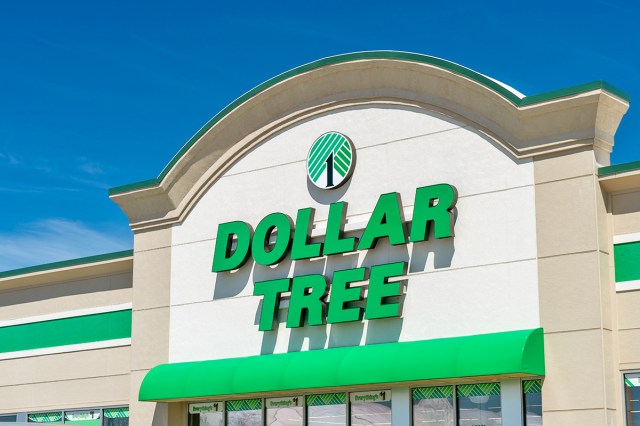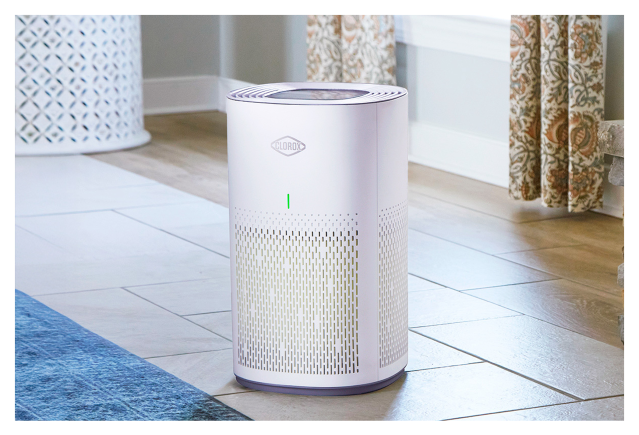Raise your hand if you buy just about everything at Costco. That’s awesome — us, too. Why wouldn’t we? We can buy dinner for the week while restocking on shampoo for the next six months while buying a last-minute birthday card. And don’t get us started on the food samples, aka the “meal before the meal.” However, as convenient as it is, there are some items that you should consider purchasing at a more traditional grocery store instead. Here are nine products you should avoid buying at Costco.
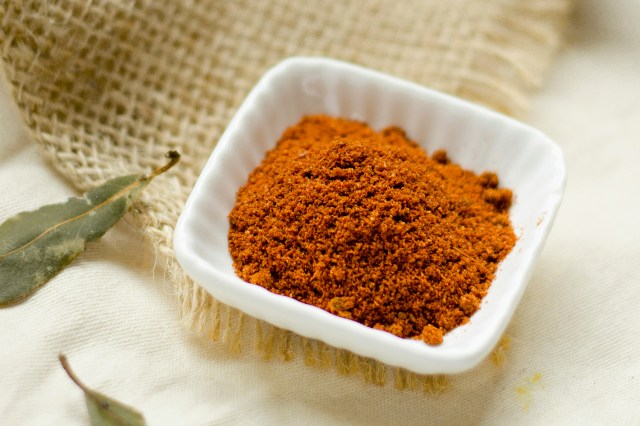
Spices
Dried herbs and spices can transform any dish from flat to flavorful. But pump the brakes before buying an 18-ounce bottle at Costco. These ingredients lose their potency over time, so while you may use granulated garlic or another spice frequently, it will take a long time to go through more than 1 pound. An average spice bottle at the grocery store is around 3 ounces, so you will go through a bottle quicker, ensuring full flavor with every meal.

Milk
Grabbing a gallon of milk during a Costco run is second nature. While the convenience is nice, it comes with a price. Milk at Costco is generally at least 50 cents more per gallon than most grocery stores. If you buy milk in smaller quantities, you’ll find even bigger savings at a grocery store.
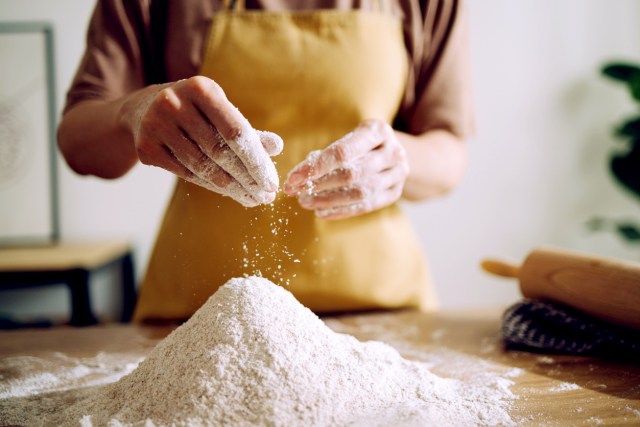
Flour
Flour is one of those pantry staples we sometimes think doesn’t expire. But, like most things in the kitchen, it does. The shelf life of properly stored flour is around one year. (Tip: Don’t store it in the paper bag once you open it — the flour will go rancid quicker.) Unless you’re a professional baker, it will take an exceptionally long time to go through a 25-pound bag of all-purpose flour, so you’re better off sticking to the 5-pound bags at the grocery store.
Reader Favorites

Fresh Fruit
It can take weeks for fresh fruit to hit the shelves at Costco. Like Dorothy in The Wizard of Oz, it has to travel down a long road and encounter many handlers before safely landing in the produce section. Because the process is so arduous, the fruit isn’t that fresh when you buy it and will inevitably go bad quickly. (We know this from experience.) This is especially true if you purchase fruits and veggies in bulk and have to throw out produce you spent good money on. Buy fresh fruit at a local grocery store or, better yet, a local farmer’s market.

Cooking Oil
Just like spices, cooking oils expire much sooner than you would think. While using expired oil isn’t harmful, its flavor may be altered. Skip the 3-quart bottles of oil, which come in a two-pack, and opt for a more reasonable size at your grocery store. Besides, who has the space to store two huge bottles of vegetable oil?

Soda
Objectively, we all know soda isn’t that great for us. But who can resist a nice cold glass of Coca-Cola now and then? We know we can’t. However, buy your pop at the grocery store when the urge hits. Soda is generally on sale or discounted at grocery stores, making the fizzy drink cheaper than at Costco.
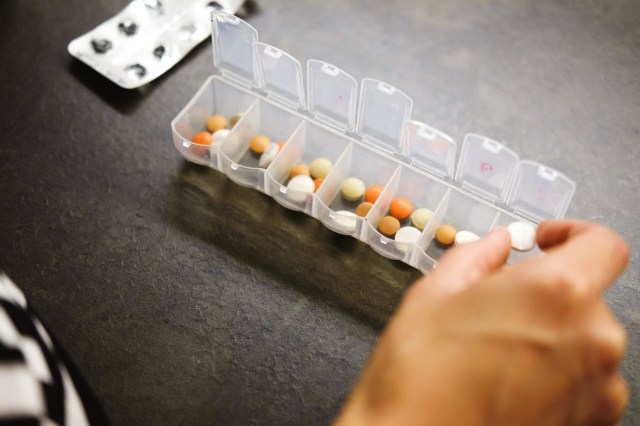
Over-the-Counter Medication
Like other items on this list, this comes down to one thing: how often you use it. If you and other household members frequently use the same supplements or pain relievers, then definitely buy them in bulk. However, if it’s just you using a product, check the expiration date before committing to a large quantity. There’s nothing worse than throwing out unused goods and your hard-earned money.
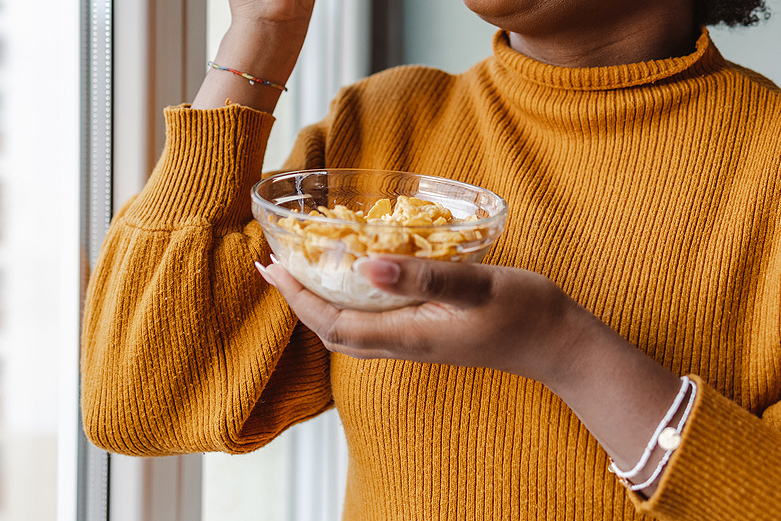
Cereal
Stop before you scoop a box of cereal into your Costco cart. While Costco does carry recognizable cereal brands like Cheerios and Special K, the selection is much larger at the grocery store. Additionally, people have found that Costco prices are sometimes more expensive than those at the grocery store, which has regular sales. Check the unit price to see where you’re getting the better deal.
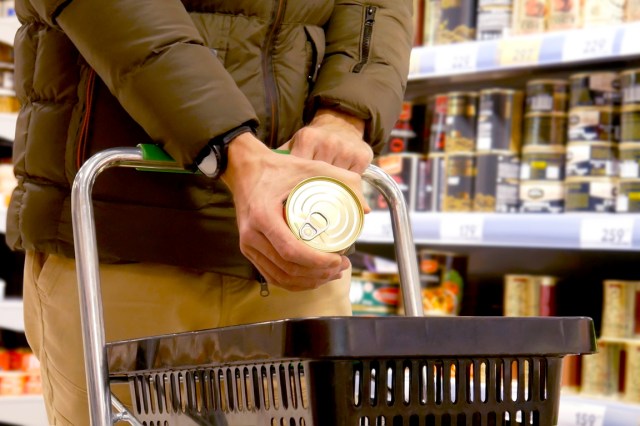
Canned Goods
Some items are on this list because they’re cheaper at the grocery store, and others are because buying large quantities doesn’t always make sense. Canned goods are a case of both. Unless you are a massive fan of canned green beans (canned corn, canned beans, whatever…) and consume them habitually, it’s better to purchase them at the grocery store when needed. They’re also 20% to 30% less expensive at your supermarket and often on sale.
Featured Image Credit: Anchiy/ iStock
More From Our Network
Better Report is part of Inbox Studio, which publishes content that uplifts, informs, and inspires.











